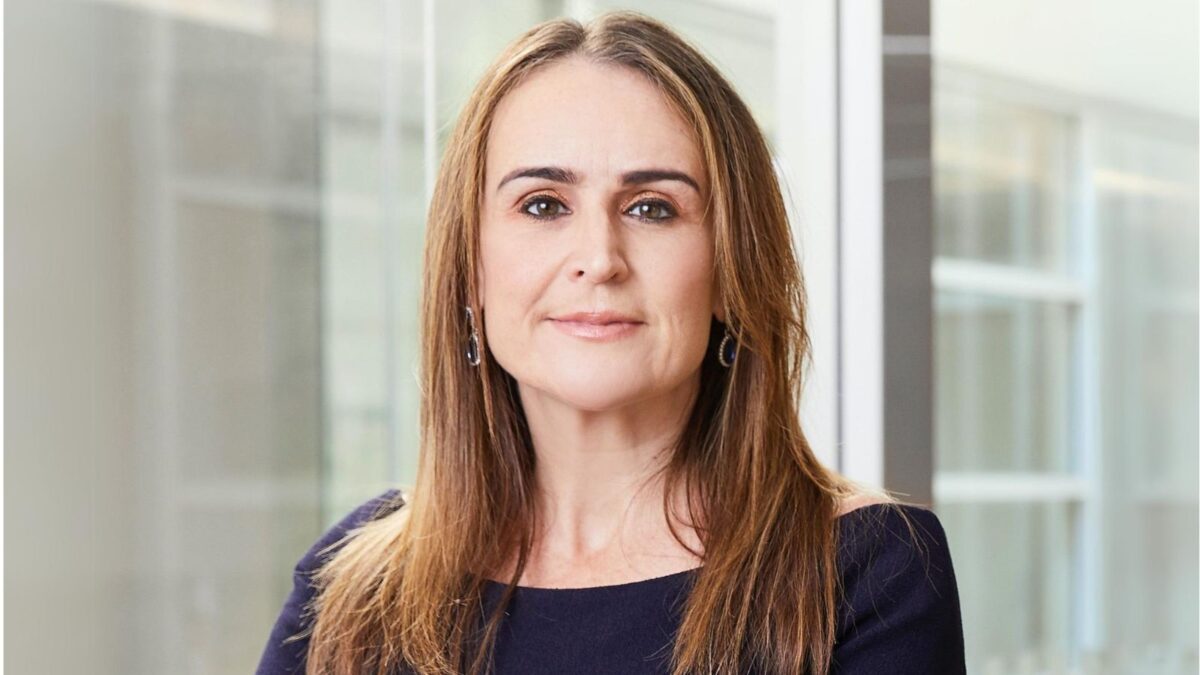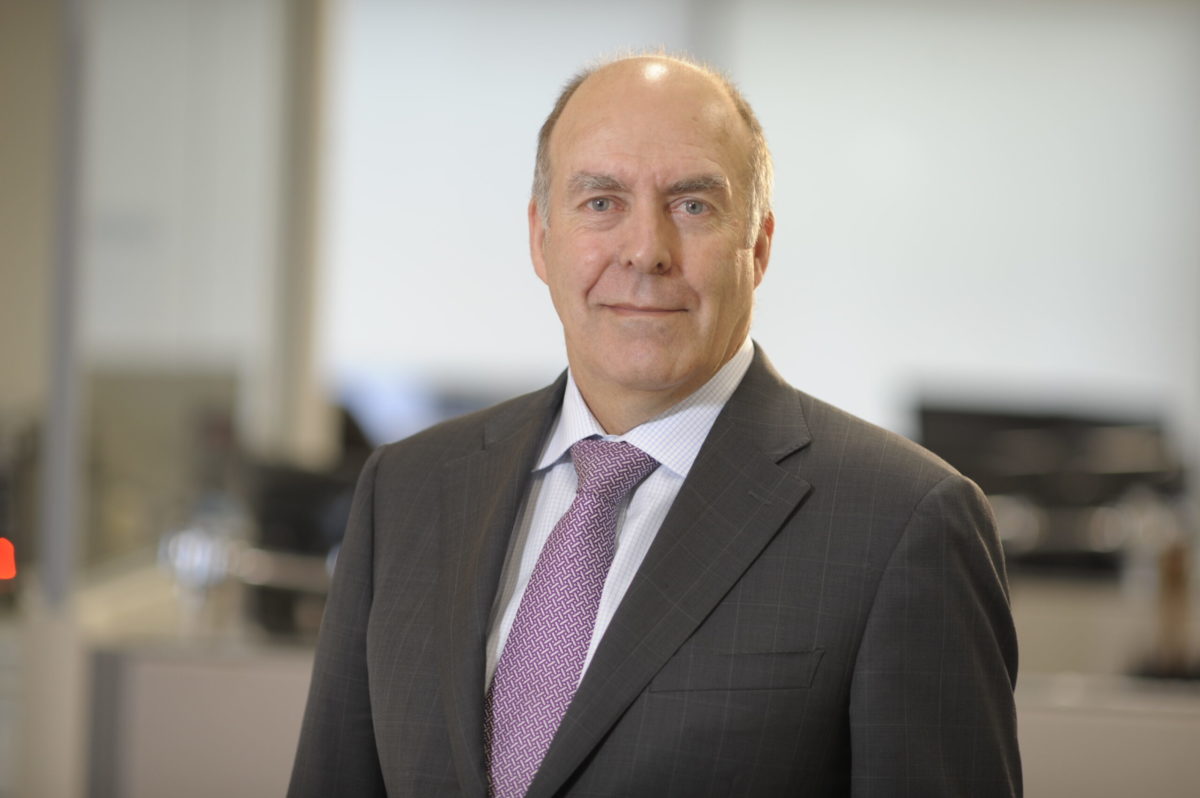… as Fitzpatrick’s ICG looks to Asia for Aussie investments
(pictured: Andrew Pickering)
Australia’s ‘Mr Infrastructure’, Mike Fitzpatrick, and his colleagues at Infrastructure Capital Group, which they acquired from ANZ Bank just after the global financial crisis, have turned their eyes to Asia. With their latest raising they are garnering Asian investment into Australia.
According to Andrew Pickering, ICG’s executive chairman and CIO, the investors, mostly Australian, who account for the current $1.5 billion in two infrastructure funds, want the firm to “stick to our knitting”. They want ICG to continue to invest in Australian infrastructure assets, such as its headline investments of Stadium Australia and various big energy distribution projects.
So, too, do investors elsewhere in the Asia Pacific region, Pickering says. ICG is targeting about $1 billion from domestic and international, mainly Asian, institutional investors to add quality established infrastructure businesses and new development projects to its mid-market infrastructure portfolios.
The capital will be deployed across ICG’s $450 million ‘Diversified Infrastructure Trust’ and $1.1 billion ‘Energy Infrastructure Trust ‘, as well as separate accounts for institutional investors.
As well, ICG has introduced a liquidity point, after 10 years, with an option for investors to re-sign for a further five years.
In 2009, Fitzpatrick, the renowned founder of Hastings Funds Management, joined ICG founder John Clarke – who started the company as a joint venture with ANZ in 2000 – to buy out the bank and set up ICG as a new independent infrastructure business. They both remain directors and shareholders. Fitzpatrick was joined, at the time, by another experienced infrastructure investor, Les Fallick, and then, subsequently, by Lachlan Douglas as chief executive. The firm prospered.
Pickering said ICG believed that there was fair value in the mid-market infrastructure sector. This was driven by asset recycling initiatives, strained government and corporate balance sheets, non-core divestments from corporates as well as steady organic growth opportunities.
“There are assets out there that are reasonably priced, with more coming to market, particularly in the renewables space,” he said.
The mid-market, often overshadowed by mega deals, remains less crowded and more receptive to firms that can demonstrate expertise in project development, and asset origination, ownership and strategic management.
“Most deals we complete are proprietary, which speaks to our expertise, agility, speed and experience. “Our patient and cost-conscious approach preserves capital for the right deals with better odds of success,” Pickering said.
“We don’t wait for all deals to come to market, we originate deals from the idea stage and work with development partners to structure them for commercial close. In the longer term, our investors and their members benefit from de-risking, growth and enhanced returns throughout the asset’s lifecycle.”
Peter Welch, ICG’s ‘global head of capital’, said the firm was engaged with domestic and international investors seeking specialist infrastructure asset growth and revenue via pooled funds and separate accounts.
“To allow greater liquidity and flexibility, we’ve introduced to the once open-ended DIT and EIT terms a right for investors to redeem after an initial 10-year term, or roll for additional five-year increments, effectively converting them to closed-end funds,” Welch said.
“We are certainly seeing more interest from investors to partner with ICG to build bespoke exposures and partnership programs, which is presenting exciting investment opportunities.”
ICG has invested in 24 assets across all subsectors of infrastructure. Recent transactions include Port Hedland International Airport, in partnership with AMP Capital, and the Hallett 4 wind farm in South Australia.










